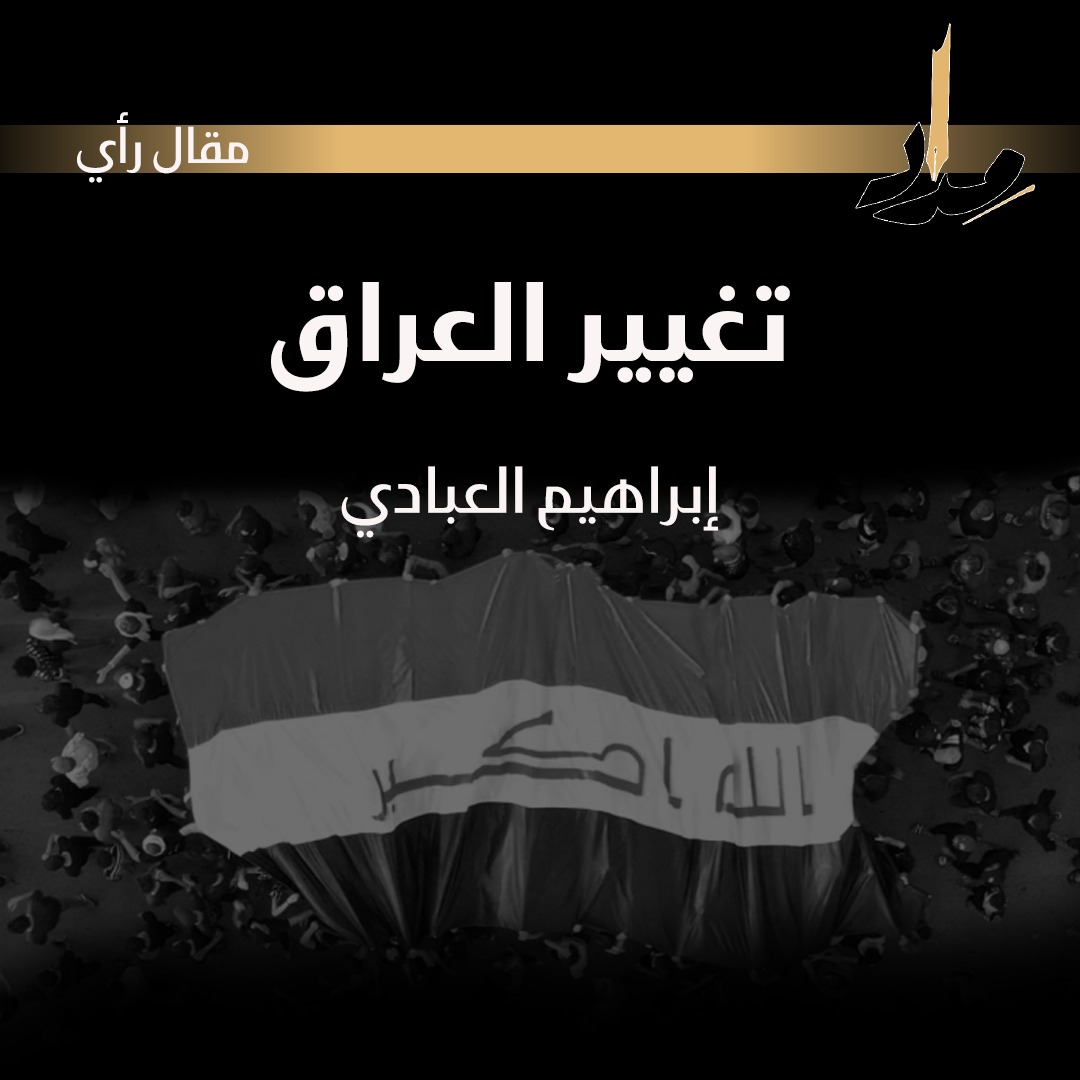 2025 / 21 / Mar
2025 / 21 / Mar
In parallel with the global attention on the uncertain Syrian situation and its security and political repercussions, attention is also focused on Iraq, as its political experience and the way the state is managed are still surrounded by many challenges. The political and media discourse, especially during the Ramadan promotional season, is raising a state of national emergency due to the abundance of warnings, projects, and rumors that cast a heavy shadow over people's daily lives and their already troubled awareness.
Expectations indicated that the earthquake that struck the region would not pass without repercussions for Iraq. External pressures and local obligations were supposed to elevate the awareness of political forces, military and factional leaders, and the architects of settlements. In general, the political class and its followers, who hold power, were expected to move quickly to absorb the challenges with new awareness, bold reviews, and the calculations of statesmen, supported by the plans of experts, thinkers, visionaries, and public opinion engineers.
Numerous meetings are held, and various movements are taking place, which an external observer might perceive as a conscious response to both internal and external circumstances, leading to practical wisdom that ensures political and security stability and strengthens the equation of governance and decision-making. This should be based on deep and objective knowledge, future-oriented insight equipped with statistical data and scientific understanding.
However, nothing materialized from all these movements except a hasty entry into the electoral arena, early attempts to benefit from state positions, its funds, and institutions, and an unhealthy partisan competition to dominate policies by turning provinces and their local governments, as well as federal ministries and institutions, into centers of influence and financial exploitation. The state is being divided into partisan fiefdoms, with each party seizing control over key aspects of the state in order to secure its political and financial share, cementing the principle of "quota sharing" in everything. Then, they enter the elections to legitimize this weak reality.
The country is facing structural problems—economic, financial, political, and institutional—that hinder its recovery, its resurgence, and the restoration of its internal and external sovereignty. These issues range from the problem of weapons and the proliferation of power centers to transforming the state into a spoils system controlled by Machiavellian strongmen. As external pressures (such as from the United States) intensify, calling for the unification of the state’s sovereign decision and the independence of its energy policies, the political class resorts to its usual tricks: postponing crises, cooling down heated issues, and resorting to half-solutions by offering appeasements. Hence, political life in Iraq seems like a noisy circus, with surprises every day and bad possibilities every hour. A gloomy mood dominates people’s lives, with a climate of anxiety fueled by the media and heightened by the successive events both inside and outside the country.
In analyzing the state’s fragile condition, it becomes evident that Iraq is heading down a never-ending path toward a state of institutions, law, justice, and transparency due to the deviation of the state's structure and the accumulation of errors. Therefore, the decline in global oil prices now triggers economic and security concerns in Iraq, and security disturbances and crises among Iraq’s neighbors have become a catalyst for sectarian, denominational, and national instincts within Iraqi components. Iraq is now highly reactive to every external call, without awareness of the country’s supreme strategic interests.
The reason for all of this lies in the failure of the state's mindset to think outside the familiar framework it has always adhered to. This framework still dominates the horizons of thought, planning, emotions, and emotional responses. The state in Iraq is controlled by an oligarchic class of leaders and senior politicians who plan and impose their programs on the government. Beneath them are the parasitic economic class, including economic offices, contracting mafias, and new billionaires who dominate the supply sector and projects. They ally with politicians, political leaders, and armed forces who extort the government, obtain exemptions, and profit from investments through a network of relationships holding decision-making power. After this class comes the clientele of the ideologically-driven parties who benefit from these forces, remain silent about their violations, defend them, and form a triangular structure that excludes the majority of the population (around 80% as indicated by the actual electoral participation rate).
With the absence of political trust and the people’s reluctance to participate in elections, no real change is expected in the power structure or the performance of politicians. This means that power will continually reproduce itself, rebuilding its consensus and share divisions of power, wealth, and influence. Each faction or component will continue to use the same negotiation tactics and weapons, with the same rhetoric. Therefore, it is unlikely that Iraq will emerge from its state of weakness and fragility despite the increasing challenges. It is also unlikely that Iraq will benefit from the current regional and international environment to present a successful experience to the world. The Iraqi experience will remain modest, despite the relative improvement in the state and society, but this improvement will be based on a narrow foundation that is fragile under the impact of economic, security, and political factors.

Ibrahim Al-AbadiIbrahim Al-AbadiIbrahim Al-AbadiIbrahim Al-AbadiIbrahim Al-AbadiIbrahim Al-Abadi